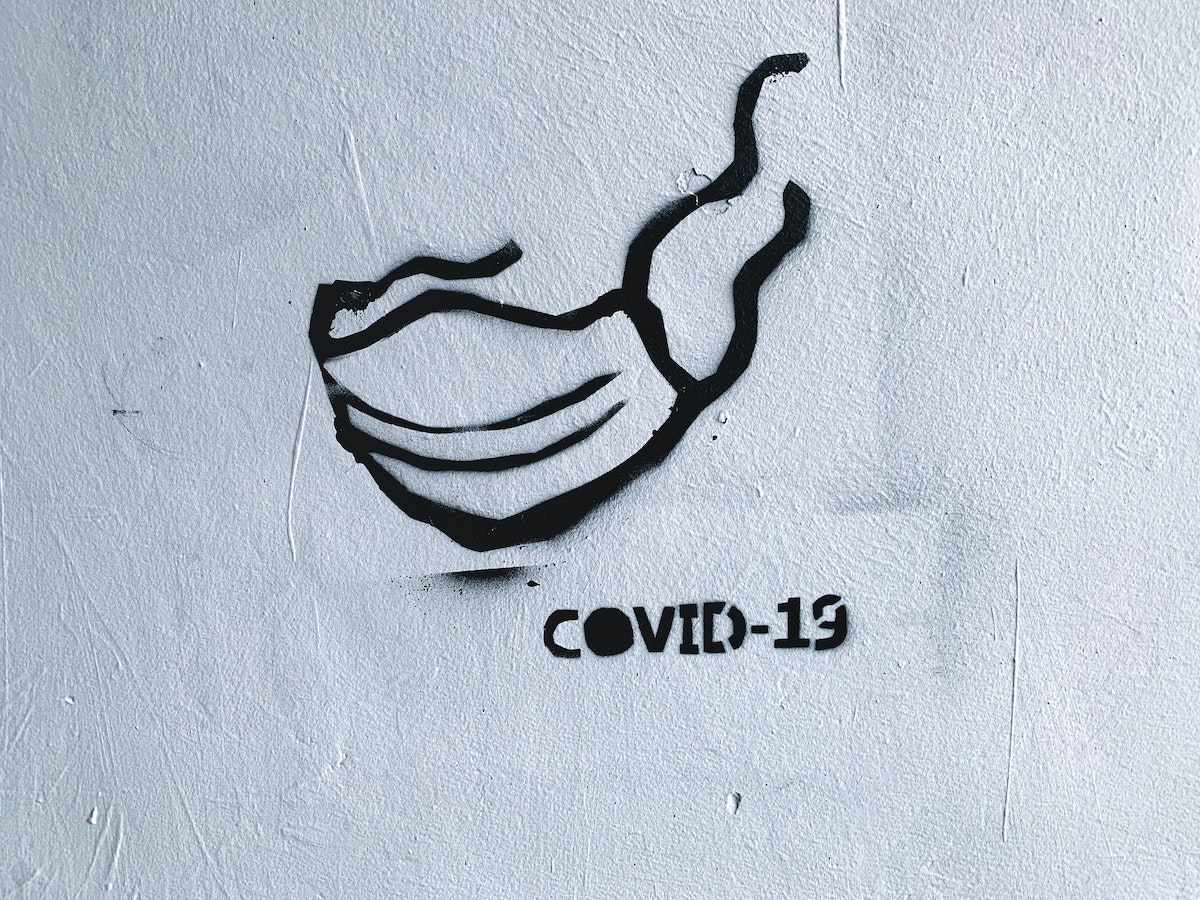The worst pandemic in 100 years has caused an incredible number of issues for Americans. Unsurprisingly, one of these is a rising rate of alcohol use. According to statistics from Nielsen, weekly retail sales of alcoholic beverages have jumped 25 to 55%. Social media has been flooded with virtual drinking games, “quarantinis,” and Zoom happy hours. Why are Americans drinking more during the pandemic, and what effects will this have on our country in the long term?
Coping with Stress: An Unhealthy Response
COVID-19 has resulted in loose schedules, remote workforces, and the dissolution of social norms surrounding alcohol consumption. However, most researchers suspect that the stress surrounding self-quarantine, possible infection, and unemployment could be the key contributing factor to rising alcohol use.
“We know that drinking can increase under stressful conditions – that’s well-documented in the literature,” said Dr. Rajita Sinha, who serves as the director of Yale’s Interdisciplinary Stress Center. “But the broader question you have is: Is that okay? And I would be wary. I would ask, are there alternative ways to cope with stress that are healthier?”
In a study of U.S. military veterans, a correlation was found between stress and alcohol consumption. The researchers categorized stress into separate classifications, such as general life stressors, catastrophic events, childhood stress, and racial or ethnic minority stress. In this study, researchers found that individuals who reported higher stress levels also reported drinking more.
Long-term, heavy drinking and drug use can actually alter the brain’s chemistry, creating a new normal and causing the release of more cortisol and adrenocorticotropic hormones. This shift in hormone balance can result in a different perception of stress, decreased resilience, and an inability to respond to troubling events. Cortisol interferes with the brain’s reward systems and learning and memory pathways, promoting habit-based learning and higher levels of alcohol consumption. Altogether, this indicates that alcohol use can actually compound the effects of stress.
Coping with Stress During COVID-19 (Without Drinking)
Fortunately, there are several healthy ways to increase your resilience and deal with the stressors in today’s world, all without the use of alcohol. The Centers for Disease Control and Prevention (CDC) has released recommendations for managing stress during COVID-19.
Know the symptoms. Signs of stress may be challenging to identify, and they can be physical or emotional. You may feel sad, frustrated, irritable, or helpless. It’s also possible to notice feelings of shock, disbelief, and numbness. Over time, stress may manifest in the form of difficulty concentrating, as well as physical issues like headaches, back pain, and stomach problems. By knowing the symptoms of stress, you can avoid drinking, and instead be proactive in coping.
Take care of yourself. If you’re tired or hungry, it’s unlikely that you’ll be able to effectively deal with stressful life events. Eat healthy, balanced meals, go to bed at a regular time, and step away from social media, the news, or the internet whenever you need a break. By building up your physical well-being, you can increase your resilience.
Talk to others. Instead of drinking, reach out to a friend, family member, counselor, or sponsor when you’re feeling overwhelmed to share your problems and how you are feeling. They can help you to solve issues and find new, healthy coping mechanisms.
Seek professional help. If you’re on the verge of relapse, it’s encouraged for you to seek help from a qualified, evidence-based treatment center. They can work with you to maintain your sobriety and decrease your stress levels over time.
Get active. Go for a walk, dig in the garden, or put on a yoga video to distract yourself when your thoughts become negative. Activities that get you moving are a great way to productively channel your energy while clearing your mind.
Alcoholism Treatment in Washington State
At Lakeside-Milam, we understand that addiction is a chronic, progressive disease. While you may believe that drinking more often during COVID-19 isn’t dangerous, this pattern of behavior can lead to alcoholism that requires professional intervention. If you or a loved one are drinking too much in self-quarantine, we encourage you to contact us today.






